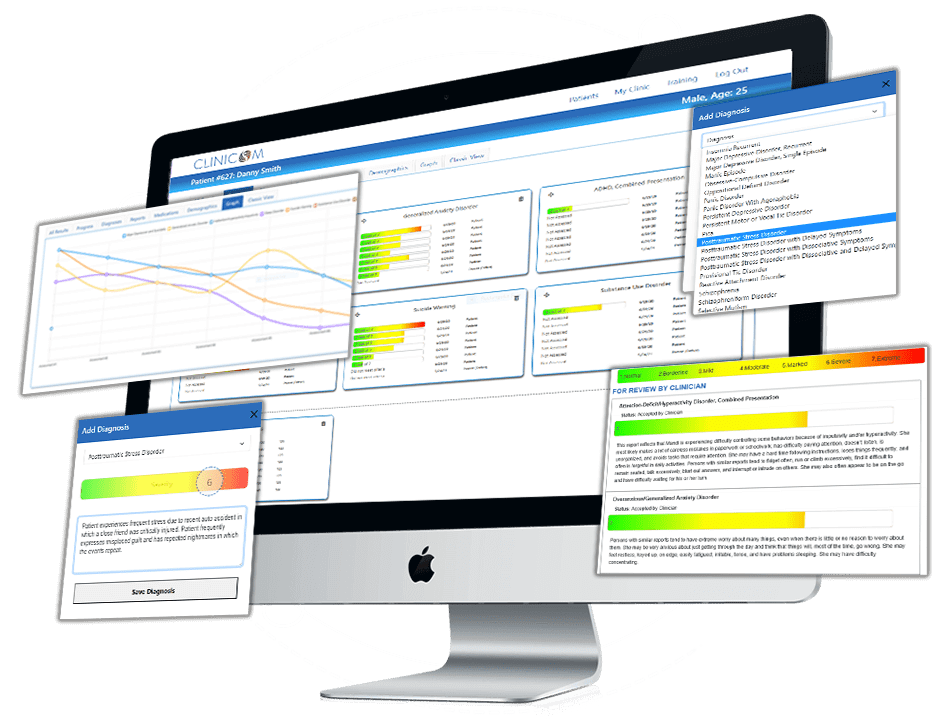Work and Social Adjustment Scale (WSAS)|Work and Social Adjustment Scale|WSAS|Work and Social Adjustment Scale (WSAS)|Work and Social Adjustment Scale (WSAS)|The WSAS is a self-report tool used to assess the impact of a person’s mental health problems on their ability to perform day-to-day activities. It helps in identifying functional impairment in work, social activities, and home life.|The WSAS is used to assess the impact of mental health problems on daily functioning.|Adults|5|2-5 minutes|Self-report|Each item is scored on a 0-8 scale, with higher scores indicating greater impairment.|Higher total scores indicate greater impairment in work and social adjustment.|High internal consistency (Cronbachs alpha = 0.94)|Validated through numerous studies correlating WSAS scores with clinical assessments of functional impairment.|Self-administered.|Used at initial assessment and periodically to monitor symptoms.|Used in clinical and research settings to assess and monitor functional impairment.|Mundt, J. C., Marks, I. M., Shear, M. K., & Greist, J. H. (2002). The Work and Social Adjustment Scale: A simple measure of impairment in functioning. British Journal of Psychiatry, 180(5), 461-464.|WHODAS|SDS|Discover how Clinicom’s dynamic assessments can enhance your clinical practice with a 30-day free trial.|What is the WSAS used for?|The WSAS is used to assess the impact of mental health problems on daily functioning.|How is the WSAS scored?|Each item is scored on a 0-8 scale, with higher scores indicating greater impairment.|Who uses the WSAS?|It is typically self-administered by adults. FAQS
